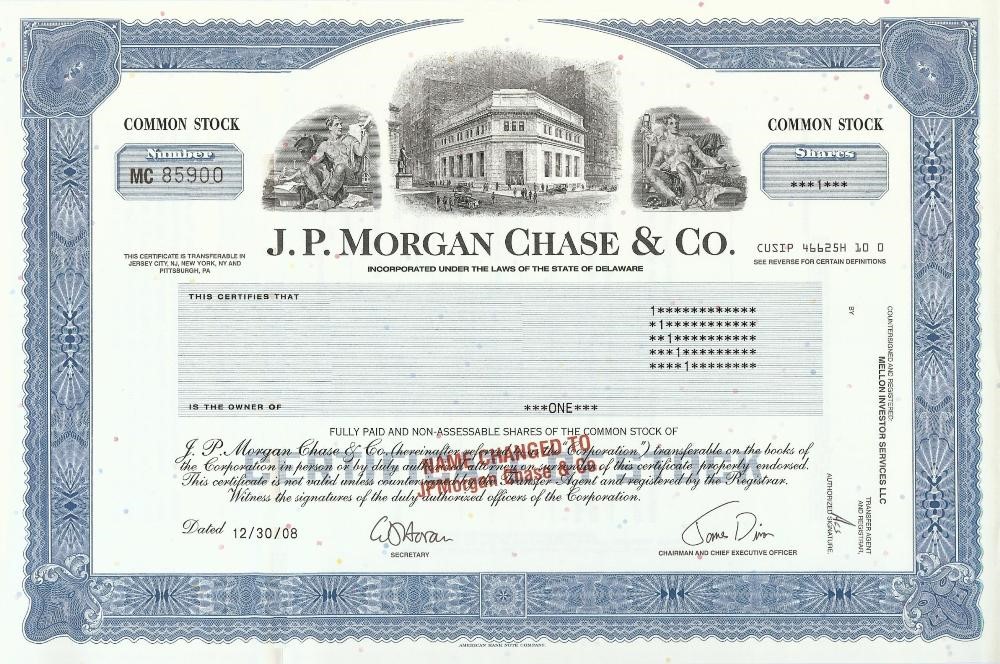Stock is a share or percentage of ownership in a company. Owners are entitled to a share of the company’s assets and earnings. If you own and buy more, your ownership percentage increases. You can own 1 singe share, or 10%, 20% or even 100% of a company’s stock. The investment world is like most professions and they all like to have their own language. So, when you hear someone say the word equity, it is the same thing.
When you hold a company’s stock, that means that you are a shareholder of the company and you own a little piece of everything the company owns. This is important because, if you know that your share of the company (no matter how small) represents buildings, manufacturing facilities, inventions, intellectual property and even part of the sales, it gets you thinking like an owner. Thinking like an owner is important because, sometimes prices decline, people get scared and sometimes they sell. But, if you think like an owner, and you know your company is healthy and growing, you can take advantage of price drops and buy more.
Plain and simple, stock is a share in the ownership of a company. It represents a claim on the company’s assets and earnings. As you acquire more stock, your ownership stake in the company becomes greater. Whether you say shares, equity, or stock, it all means the same thing.

People are funny. We like to have something we can touch and feel to represent an intangible idea like stock ownership. So, certificates were invented to go along with the invention of stock. It is usually an ornate certificate on heavy paper that looks very official and this piece of paper is your proof of ownership. Before computers were invented, shareholders would place their stock certificates in a leather folio called a portfolio. Today, the word portfolio is still used to represent a person’s stock holdings but it is held electronically and is referred to holding stock “in street name”.
Being a shareholder of a public company makes you a silent partner in a company’s business. You don’t get to have a say in the day-to-day operations, but you can attend annual meetings and voice your opinion there. Being a silent partner is not entirely a bad thing. If you are a business owner, then you know how busy you can get just running your business. Imagine if you owned stock in 10 companies and you did have a say or the management called to ask your advice all the time. That could eat up all of your time! Being a shareholder lets you put extra money to work in other businesses, hopefully with competent management that, if successful, will grow the value of your shares.
Last, as a shareholder, your liability is limited to what you invested in the company. You can lose everything you invested but you can’t lose more that you have invested.
This material is provided as a courtesy and for educational purposes only. Please consult your investment professional, legal or tax advisor for specific information pertaining to your situation. The content is derived from sources believed to be accurate. Neither the information presented nor any opinion expressed constitutes a solicitation for the purchase or sale of any security.

David.Cross@us-am.com

